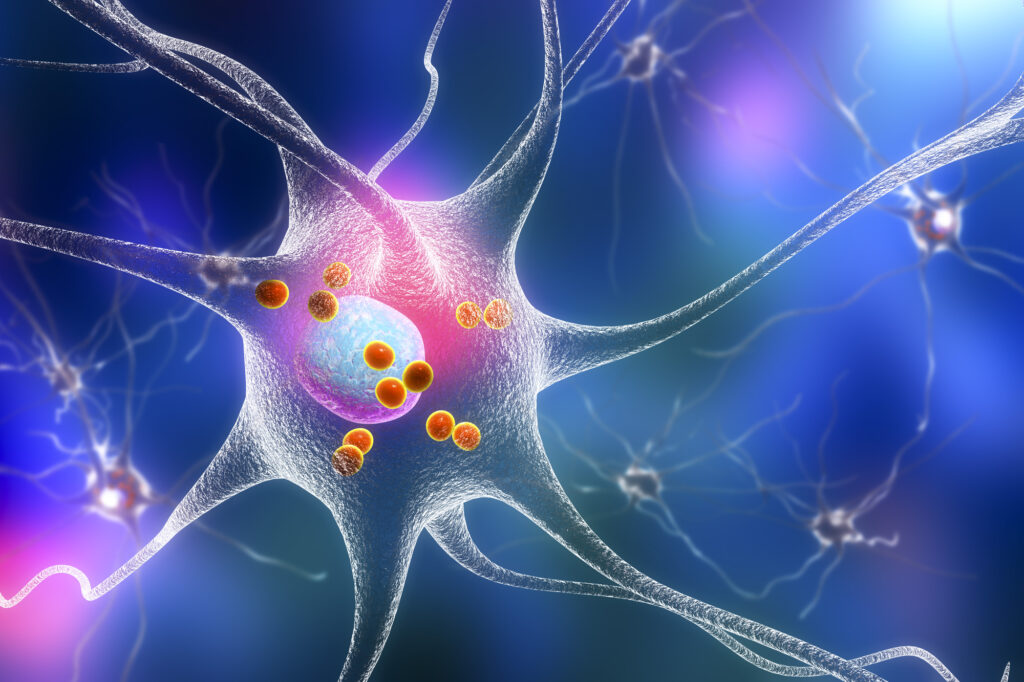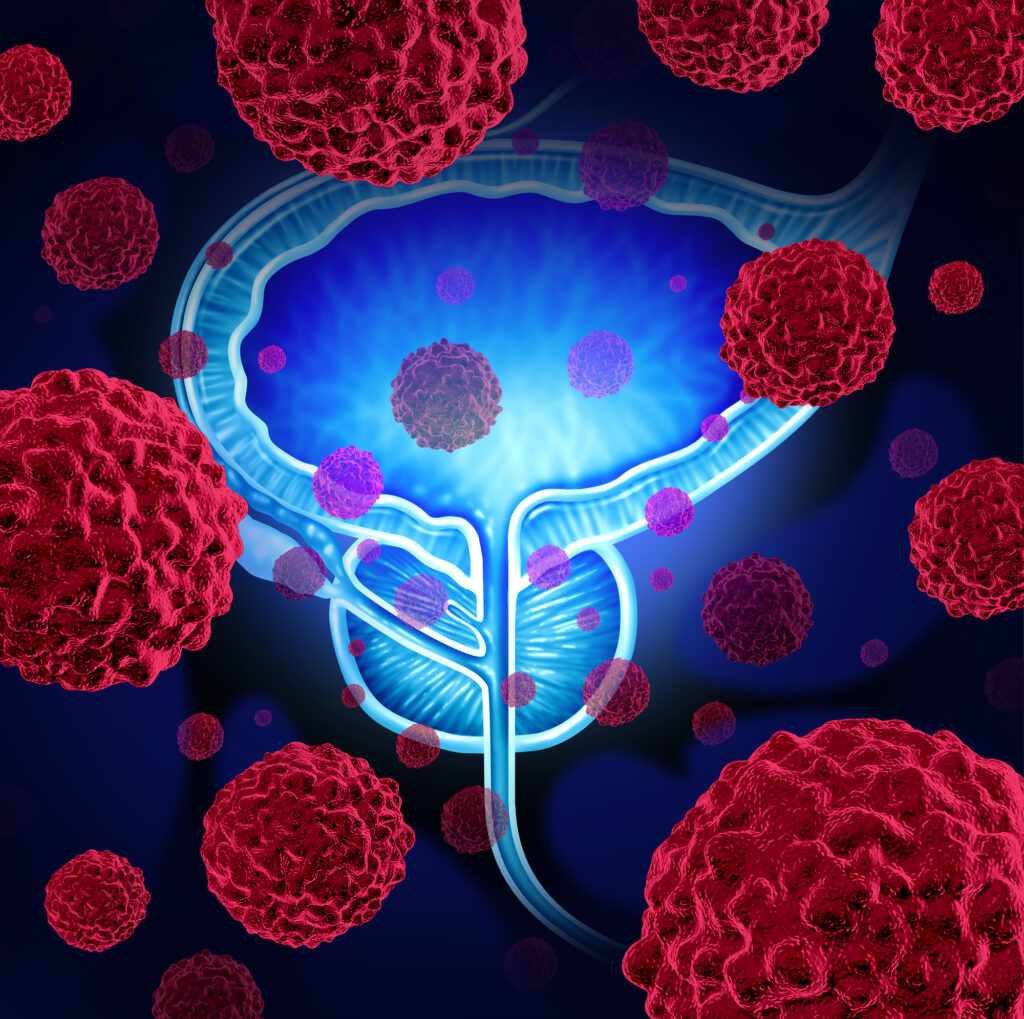The gut microbiota develops and matures during the first few years of life. Research suggests changes in the early microbiota may affect a child’s later physical and mental health and wellness. Supporting gut health during this important window of time can provide youngsters with a healthy start in life.
Stages of Microbiome Development
Each person’s gut microbiota is as unique as their fingerprint. The exact mix of bacteria, yeasts, viruses, and other microbes that colonize the digestive tract is largely shaped by one’s diet and environmental exposures. However, the microbiota begins to form even before birth.1
Some evidence suggests that the mother’s microbiome impacts how a fetus develops. Before birth, an infant’s microbiota closely resembles the mother’s.1 Immediately after birth, a newborn’s microbiota is influenced by their mode of delivery (vaginal vs. cesarean), their gestational age, and the mother’s age and overall health.1,2,3
During the first few months of life, an infant’s gut microbiota develops quickly, becoming richer and more diverse. It remains dynamic during the first two years, shaped by factors such as:
- The infant diet (breastmilk, formula, solid foods)
- The mother’s diet if breastfeeding
- Medication use, especially antibiotics
- Geographic location (city vs. rural)
- The home environment
- Other family members and pets
By age three, a child’s microbiota matures, becomes more stable, and resembles an adult’s.1,4 It can change to some degree, depending on outside influences or pathogenic exposures, but it is more resistant to change.
The Gut Microbiota and Health
The gut microbiota plays a crucial role in health and well-being starting in infancy. Beneficial gut bacteria are known to influence nutrient metabolism and immune health by:5
- Producing many of the B vitamins and vitamin K
- Metabolizing proteins, fats, fibers, vitamins, minerals, and polyphenolic compounds from plant foods
- Producing short-chain fatty acids (SCFAs) such as acetate, butyrate, and propionate, which serve as an energy source for cells in the colon lining
- Protecting against pathogenic bacteria and other microbes
- Activating immune cells
Besides these well-established functions, a growing body of research suggests that the gut microbiome plays a vital role in certain aspects of mental health through the gut-brain axis.1 Compounds called short-chain fatty acids produced by gut bacteria help regulate the sympathetic nervous system. This system is responsible for the fight-or-flight response. Other metabolites of gut bacteria promote the synthesis, breakdown, and regulation of serotonin, dopamine, and other neurotransmitters that affect mood, behavior, and attention.1,6
Links Between the Microbiota and Children’s Health
Scientists can’t say whether there is an ideal mix of microbes that should colonize the gut. However, it appears that healthy individuals have greater microbial diversity and more significant numbers of SCFA-producing bacteria.7 In adults, a less diverse microbiota is linked with a higher risk of digestive or metabolic disorders, like obesity or diabetes.7
In infants, children, and adults, these and other factors can alter the gut microbiota composition, causing it to become less diverse:
- Weaning from breastmilk to formula and solid foods
- A diet low in fiber and high in sugar and ultra-processed foods
- Infections
- Use of certain medications, especially antibiotics
- Exposure to environmental toxins
- Chronic stress
Research suggests that a more diverse microbiota may be more resilient to these stressors. Disruptions are often temporary, and the microbiota usually returns to its baseline state. However, a less resilient microbiota may result in a long-term imbalance known as dysbiosis.
In the case of the early microbiota, studies suggest that an imbalance in the infant microbiota in the first stages of life may impact immune, digestive, and metabolic functions. Several studies have shown an association between disruptions in the early microbiota and a higher risk of these health conditions later: 2,3,4
- Asthma
- Eczema
- Food allergies
- Inflammatory bowel disease
- Irritable bowel syndrome
- Type 1 diabetes
- Metabolic disorders like obesity and type 2 diabetes
Researchers are also examining how the early microbiota might affect brain development, behavior, and the risk for various neuropsychiatric disorders. As an example, several studies have shown that compared to typically developing children, those diagnosed with autism spectrum disorder have alterations in their gut microbiota with less diversity.8,9
How to Support Infant Gut Health
Current research cannot show a cause-and-effect link between the early microbiota and later disease risk. But there seems to be a connection. Parents and caregivers should do all they can to support and nourish the infant’s microbiota, especially during those first three formative years.
After birth, breastmilk offers the best opportunity to pass on beneficial microbes and prebiotic compounds personalized to the infant. Parents should be encouraged to breastfeed exclusively for the first six months, if possible, with careful attention to the mother’s diet and stress. Once children begin eating solids, a high-quality diet is essential. Avoid heavily processed foods or added sugars, and focus on ample fruits, vegetables, whole grains, and legumes.
Attention to the home environment is also crucial. Avoid toxins like harsh cleaning chemicals, cigarette smoke, and air pollution, which may disrupt the microbiota.
From SFI (sponsored):
Depending on diet and other risk factors, healthcare professionals can recommend probiotics designed for infants and young children and food or supplemental sources of prebiotics. These can add and nourish beneficial bacteria species, helping balance the microbiota as it matures.
REFERENCES
- Yao Y, Cai X, Ye Y, Wang F, Chen F, Zheng C. The Role of Microbiota in Infant Health: From Early Life to Adulthood. Front Immunol. 2021 Oct 7;12:708472. https://www.frontiersin.org/articles/10.3389/fimmu.2021.708472/full
- Ventura M, Milani C, Lugli GA, van Sinderen D. Health Benefits Conferred by the Human Gut Microbiota During Infancy. Microb Biotechnol. 2019;12(2):243-248. https://www.ncbi.nlm.nih.gov/pmc/articles/PMC6389842/
- Wang S, Egan M, Ryan CA, et al. A Good Start in Life Is Important-Perinatal Factors Dictate Early Microbiota Development and Longer Term Maturation. FEMS Microbiol Rev. 2020;44(6):763-781. https://www.ncbi.nlm.nih.gov/pmc/articles/PMC7685781/
- Stewart CJ, Ajami NJ, O’Brien JL, Hutchinson DS, Smith DP, Wong MC, et al. Temporal Development of the Gut Microbiome in Early Childhood From the TEDDY Study. Nature. 2018 Oct;562(7728):583-8. https://www.nature.com/articles/s41586-018-0617-x
- Jandhyala SM, Talukdar R, Subramanyam C, Vuyyuru H, Sasikala M, Nageshwar Reddy D. Role of the Normal Gut Microbiota. World J Gastroenterol. 2015;21(29):8787-8803. https://www.ncbi.nlm.nih.gov/pmc/articles/PMC4528021/
- Dicks LMT. Gut Bacteria and Neurotransmitters. Microorganisms. 2022;10(9):1838. https://www.ncbi.nlm.nih.gov/pmc/articles/PMC9504309/
- Dogra SK, Doré J, Damak S. Gut Microbiota Resilience: Definition, Link to Health and Strategies for Intervention. Front Microbiol. 2020;11:572921. https://www.ncbi.nlm.nih.gov/pmc/articles/PMC7522446/
- Wan Y, Zuo T, Xu Z, Zhang F, Zhan H, Chan D, et al. Underdevelopment of the Gut Microbiota and Bacteria Species as Non-Invasive Markers of Prediction in Children With Autism Spectrum Disorder. Gut. 2022 May;71(5):910-918. https://pubmed.ncbi.nlm.nih.gov/34312160/
- Xu M, Xu X, Li J, Li F. Association Between Gut Microbiota and Autism Spectrum Disorder: a Systematic Review and Meta-Analysis. Front psychiatry. 2019 Jul 17;10:473. https://www.ncbi.nlm.nih.gov/pmc/articles/PMC6673757/






